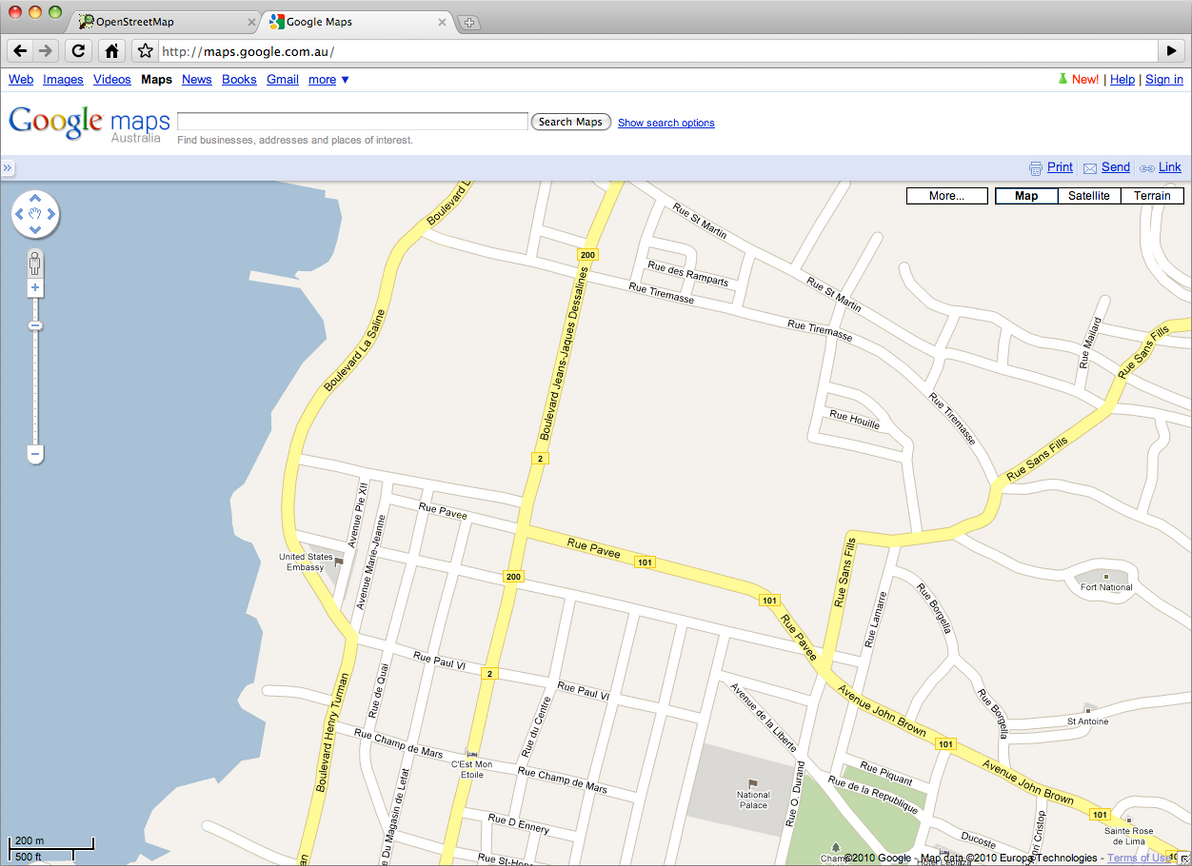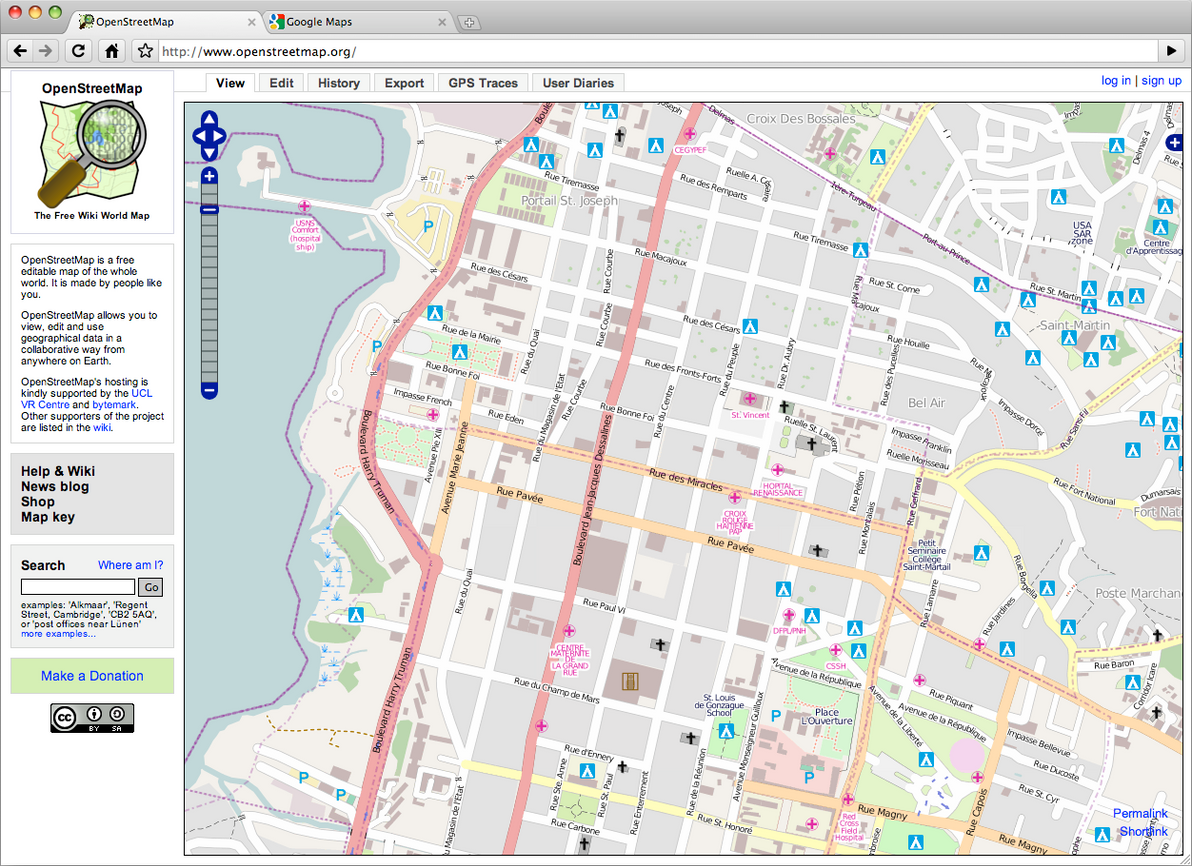Israel's new Law of Return
Until a few days ago, I had no idea that Israel is home to an estimated 60,000 African refugees, the vast majority of whom come from South Sudan or from Eritrea, and almost all of whom have arrived within the past five years or so. I was startled as it was, to hear that so many refugees have arrived in Israel in such a short period; but I was positively shocked, when I then discovered that Israel plans to deport them, commencing immediately. The first plane to Juba, the capital of South Sudan, left last night.
South Sudan is the world's newest nation – it declared its independence on 9 Jul 2011. Israel was one of the first foreign nations to establish formal diplomatic ties with the fledgling Republic. Subsequently, Israel wasted no time in announcing publicly that all South Sudanese refugees would soon be required to leave; they were given a deadline of 31 Mar 2012, and were informed that they would be forcibly deported if still in Israel after that date.
Israel claims that, since having gained independence, it is now safe for South Sudanese nationals to return home. However, independent critics rebuke this, saying that there is still significant armed conflict between Sudan, South Sudan, and numerous rebel groups in the region. Aside from the ongoing security concerns, South Sudan is also one of the world's poorest and least-developed countries; claiming that South Sudan is ready to repatriate its people, is a ridiculous notion at best.
Israel helped formulate the UN Refugee Convention of 1951. This was in the aftermath of the Holocaust, an event in which millions of Jewish lives could have been saved, had the rest of the world accepted more European Jews as refugees. Israel, of course, is itself one of the world's most famous "refugee nations", as the majority of the nation's founders were survivors of Nazi persecution in Europe, seeking to establish a permanent homeland where Jews could forevermore seek shelter from oppression elsewhere.
It's ironic, therefore, that Israel – of all nations – until recently had no formal policy regarding asylum seekers, nor any formal system for managing an influx of asylum seekers. (And I thought Australia's handling of asylum seekers was bad!) To this day, Israel's immigration policy consists almost entirely of the Law of Return, which allows any Jew to immigrate to the country hassle-free.
Well, it seems to me that this law has recently been amended. For Jewish refugees, the Law is that you can Return to Israel (no matter what). For non-Jews, the Law is that you're forced to Return from Israel, back to wherever you fled from. Couldn't get much more double standards than that!

